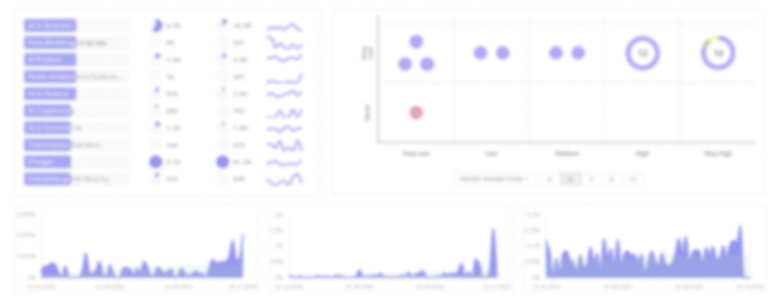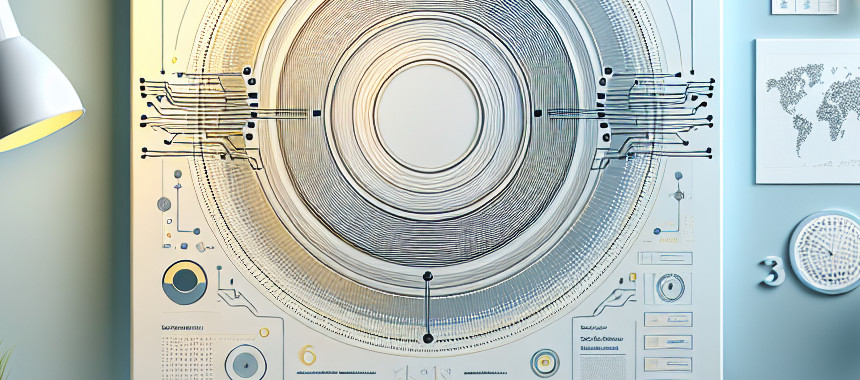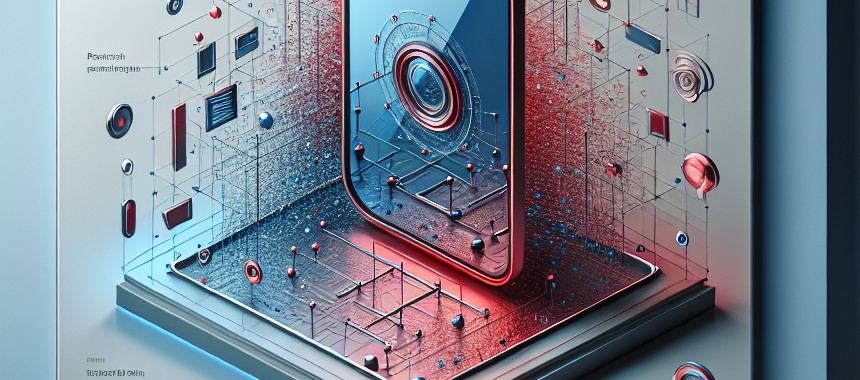
Smart Mirror Report
: Analysis on the Market, Trends, and TechnologiesThe smart mirror market sits at a clear inflection point, driven by AI personalization, health sensing, and immersive retail use; the internal smart mirror trend report estimates global market size at USD 4.85 billion in 2025 and a projected USD 8.33 billion by 2030, with a stated CAGR of 11.43%. Independent market forecasts align with strong expansion, for example projecting USD 6.86 billion by 2029 at roughly 13% CAGR thebusinessresearchcompany – 2025 and USD 6.0 billion by 2034 at 12.9% CAGR gminsights – 2025. This growth concentrates where on-device AI, augmented reality try-ons, and medical-grade sensing converge, creating commercial pathways in automotive safety, retail conversion, fitness subscriptions, and at-home health monitoring.
77 days ago, we last updated this report. Notice something that’s not right? Let’s fix it together.
Topic Dominance Index of Smart Mirror
To gauge the influence of Smart Mirror within the technological landscape, the Dominance Index analyzes trends from published articles, newly established companies, and global search activity
Key Activities and Applications
- Virtual try-on and retail engagement, where AR overlays and inventory-aware recommendations reduce returns and raise conversion rates.
- Fitness and coaching, using pose estimation and live feedback to deliver subscription training services on mirror surfaces.
- Health and clinical screening, using computer vision, multispectral imaging, or PPG-from-video to track vitals and skin conditions for preventive workflows.
- Automotive mirror replacements and driver assistance, integrating cameras, thermal sensing, and object detection to satisfy new vehicle safety requirements and ADAS use cases.
- Hospitality and property enhancement, where mirrors act as guest concierge interfaces and property staging devices that increase perceived value and ancillary revenues hilosmartmirror.com, actiMirror.
Emergent Trends and Core Insights
- AI first, edge enabled: vendors prioritize on-device inference to preserve latency and sensitive data, supporting real-time coaching and clinical signals on the mirror itself.
- Convergence of health and commerce: products that combine validated health metrics with purchasable interventions, for example skin diagnostic outputs paired with retail product fulfillment, escalate revenue per device.
- Form factor specialization: wall-mounted smart mirrors dominate consumer and commercial installs because they save space and simplify integration, while freestanding units serve flexible retail environments and studios researchandmarkets - 2023.
- Regulatory pull in automotive: vehicle safety rules that require rear visibility and camera systems accelerate OEM uptake of digital mirror assemblies.
- Privacy and cost friction: embedded cameras and biometric collection create trust and compliance hurdles, and high installation and maintenance costs slow adoption outside premium segments.
Technologies and Methodologies
- Computer vision for facial analysis, posture and pose estimation, and virtual try-on alignment, deployed with convolutional and transformer models on the device or edge nodes mirrOR.ai.
- Hyperspectral and multispectral imaging for noninvasive skin and vascular assessment, enabling richer clinical markers than RGB alone.
- Edge AI hardware and low-power inference chips to reduce latency and limit cloud uploads of sensitive imagery.
- AR rendering pipelines and depth sensing to layer lifelike garments, hairstyles, and cosmetics on the reflected user view.
- Integrated IoT stacks and cloud content management for remote updates, analytics, and remote provisioning of hospitality and retail installations ifacemirror.com.
Smart Mirror Funding
A total of 60 Smart Mirror companies have received funding.
Overall, Smart Mirror companies have raised $1.6B.
Companies within the Smart Mirror domain have secured capital from 221 funding rounds.
The chart shows the funding trendline of Smart Mirror companies over the last 5 years
Smart Mirror Companies
- Lookinglass — Lookinglass develops hyperspectral smart mirrors that analyze facial and skin spectral signatures to detect early signs of neurological or dermatological conditions. The company positions its product for home health monitoring with attention to privacy, using AI models to surface clinically relevant signals without continuous cloud streaming.
- MirroCool Inc. — MirroCool builds compact smart mirrors with personal assistant and access-control features, combining visual monitoring and gesture interfaces for consumer and light-commercial settings. The firm targets customers who want multifunctional mirrors that also serve home security or receptionist-like tasks.
- MUES-TEC — MUES-TEC supplies interactive, waterproof smart mirrors and mirror TVs for hospitality and property developers, delivering touch and voice controls plus custom software for guest services and branded experiences. The company focuses on durable, high-brightness hardware for demanding environments.
- MAGIC AI — MAGIC AI integrates computer vision and connected hardware to provide holographic-style fitness coaching via a mirror form factor, combining 3D cameras with personalized content and connected weights to drive recurring revenue through subscriptions.
Get detailed analytics and profiles on 545 companies driving change in Smart Mirror, enabling you to make informed strategic decisions.
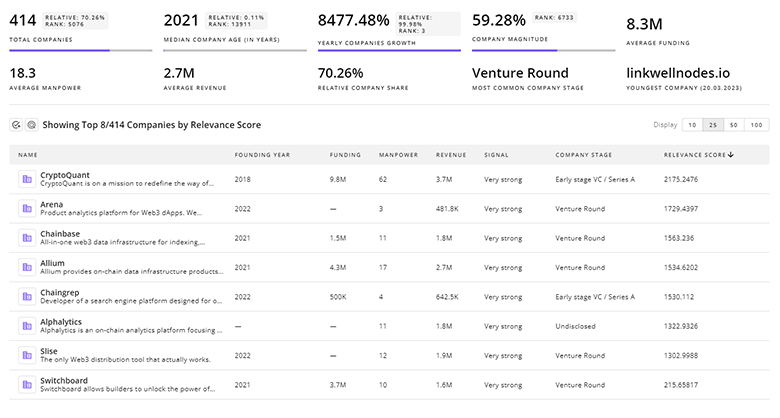
545 Smart Mirror Companies
Discover Smart Mirror Companies, their Funding, Manpower, Revenues, Stages, and much more
Smart Mirror Investors
TrendFeedr’s Investors tool provides an extensive overview of 302 Smart Mirror investors and their activities. By analyzing funding rounds and market trends, this tool equips you with the knowledge to make strategic investment decisions in the Smart Mirror sector.
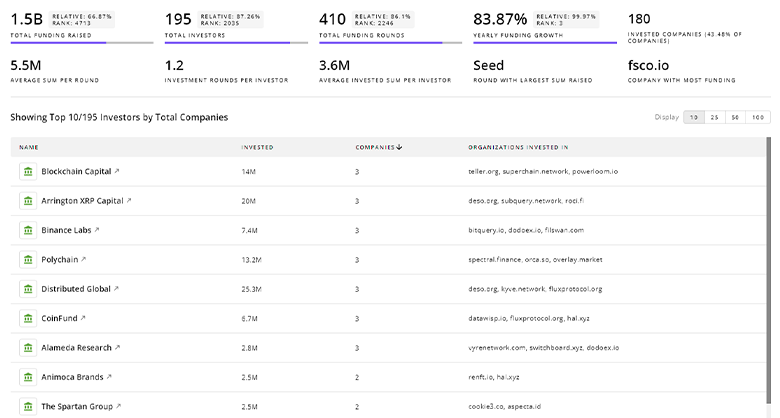
302 Smart Mirror Investors
Discover Smart Mirror Investors, Funding Rounds, Invested Amounts, and Funding Growth
Smart Mirror News
Explore the evolution and current state of Smart Mirror with TrendFeedr’s News feature. Access 1.0K Smart Mirror articles that provide comprehensive insights into market trends and technological advancements.
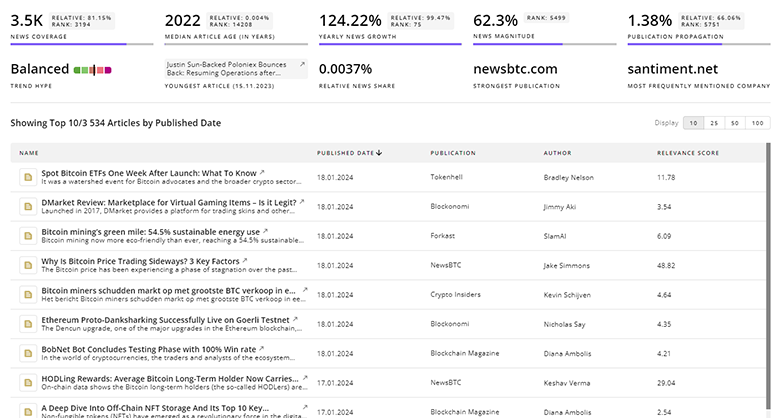
1.0K Smart Mirror News Articles
Discover Latest Smart Mirror Articles, News Magnitude, Publication Propagation, Yearly Growth, and Strongest Publications
Executive Summary
Smart mirrors are moving from feature curiosities to modular platforms where AI, AR, and sensing converge into monetizable services. Companies that stitch validated health sensing or enterprise-grade retail analytics to durable hardware will capture recurring revenue and strategic OEM partnerships. The clearest near-term revenue pockets sit in automotive mirror replacements driven by regulation, retail installations that measurably reduce returns, and subscription fitness and wellness services that scale across homes and hotels. Privacy-safe edge inference, standardized integration APIs for smart-home ecosystems, and lower total cost of ownership through modular manufacturing will determine winners as the market moves into the next phase of adoption.
We're looking to collaborate with knowledgeable insiders to enhance our analysis of trends and tech. Join us!
